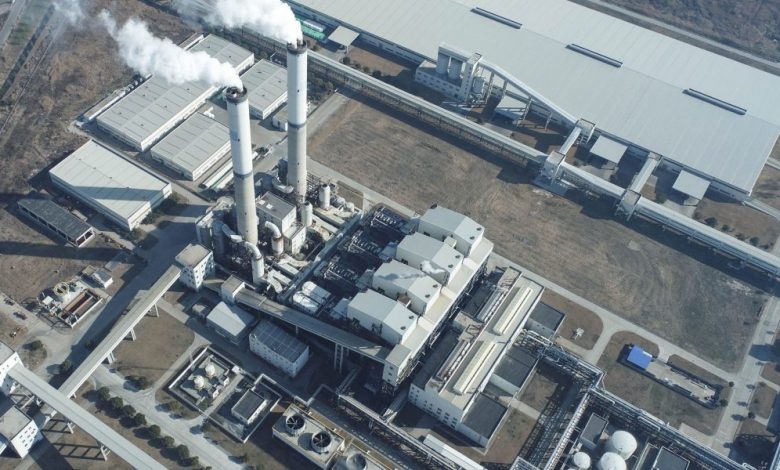The global economy will grow faster this year than originally expected, says the IMF. You can thank the slowing of inflation and the easing of China’s tough COVID rules

The outlook for the global economy is getting a little brighter as China eases its zero-COVID policy and the world shows surprising resilience amid high inflation, elevated interest rates and Russia’s ongoing war with Ukraine.
That is the view of the International Monetary Fund, which now expects the global economy to grow by 2.9% this year. That forecast is better than the 2.7% growth for 2023 that the IMF forecast in October, albeit below the estimated 3.4% growth in 2022.
The IMF, a lending organization made up of 190 countries, expects inflation to fall this year as a result of aggressive rate hikes by the Federal Reserve and other major central banks. These rate hikes are expected to curb consumer demand, which has been driving prices higher. Globally, the IMF expects consumer inflation to slow to 6.6% in 2023 and 4.3% in 2024 from 8.8% last year.
A major factor in the upgrade for global growth was China’s decision late last year to lift anti-virus controls that had been keeping millions of people at home. The IMF said China’s “recent reopening has paved the way for a faster-than-expected recovery.”
The IMF now expects China’s economy – the world’s second largest after the United States – to grow 5.2% this year, versus its October forecast of 4.4%. Beijing’s economy eked out growth of just 3% in 2022 — the first year in more than 40 years, the IMF noted, in which China has grown at a slower pace than the world at large. However, the end of virus restrictions is expected to revive economic activity in 2023.
The IMF’s growth prospects for 2023 improved for the United States (growth forecast 1.4%) and for the 19 countries sharing the euro currency (0.7%). Despite suffering from energy shortages and higher prices due to Russia’s invasion of Ukraine, Europe has proved “more resilient than expected,” according to the IMF. The European economy benefited from a warmer than expected winter that dampened demand for natural gas,
Russia’s economy, which was hit by sanctions after the invasion of Ukraine, proved to be more robust than expected: The IMF forecasts growth of 0.3% for Russia this year. That would mark an improvement from a 2.2% decline in 2022. And it’s well above the 2.3% decline for 2023 that the IMF forecast for Russia in October.
The UK is a notable exception to the IMF’s brighter outlook for 2023. It has forecast the UK economy to contract by 0.6% in 2023; in October, the IMF had expected growth of 0.3%. Higher interest rates and tighter national budgets are affecting the British economy.
“These figures confirm that we are not immune to the pressures hitting almost all advanced economies,” said Chancellor of the Exchequer Jeremy Hunt in response to the IMF forecast. “Near-term challenges should not cloud our long-term prospects – the UK has beaten many forecasts over the past year and if we stick to our plan to halve inflation, the UK will still grow faster than Germany and Japan for years to come. ”
The IMF noted that the global economy remains at serious risk. These include the possibility that Russia’s war against Ukraine will escalate, that China will suffer a sharp rise in COVID cases, and that high interest rates will cause a financial crisis in indebted countries.
The global outlook has been surrounded by uncertainty since the start of the coronavirus pandemic in early 2020. Forecasters have been repeatedly confused by events: a deep, albeit short, recession in early 2020; an expected strong recovery, triggered by extensive government stimulus; then a surge in inflation, which worsened when Russia’s invasion of Ukraine nearly a year ago disrupted world trade in energy and food.
Three weeks ago, the IMF’s sister agency, the World Bank, issued a gloomier outlook for the global economy. The World Bank cut its forecast for international growth this year by almost half – to 1.7% – and warned that the global economy was “dangerously close” to recession.
Learn how to navigate and build trust in your organization with The Trust Factor, a weekly newsletter exploring what leaders need to succeed. Sign up here.



